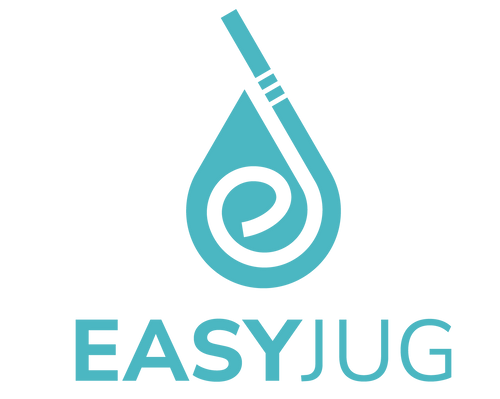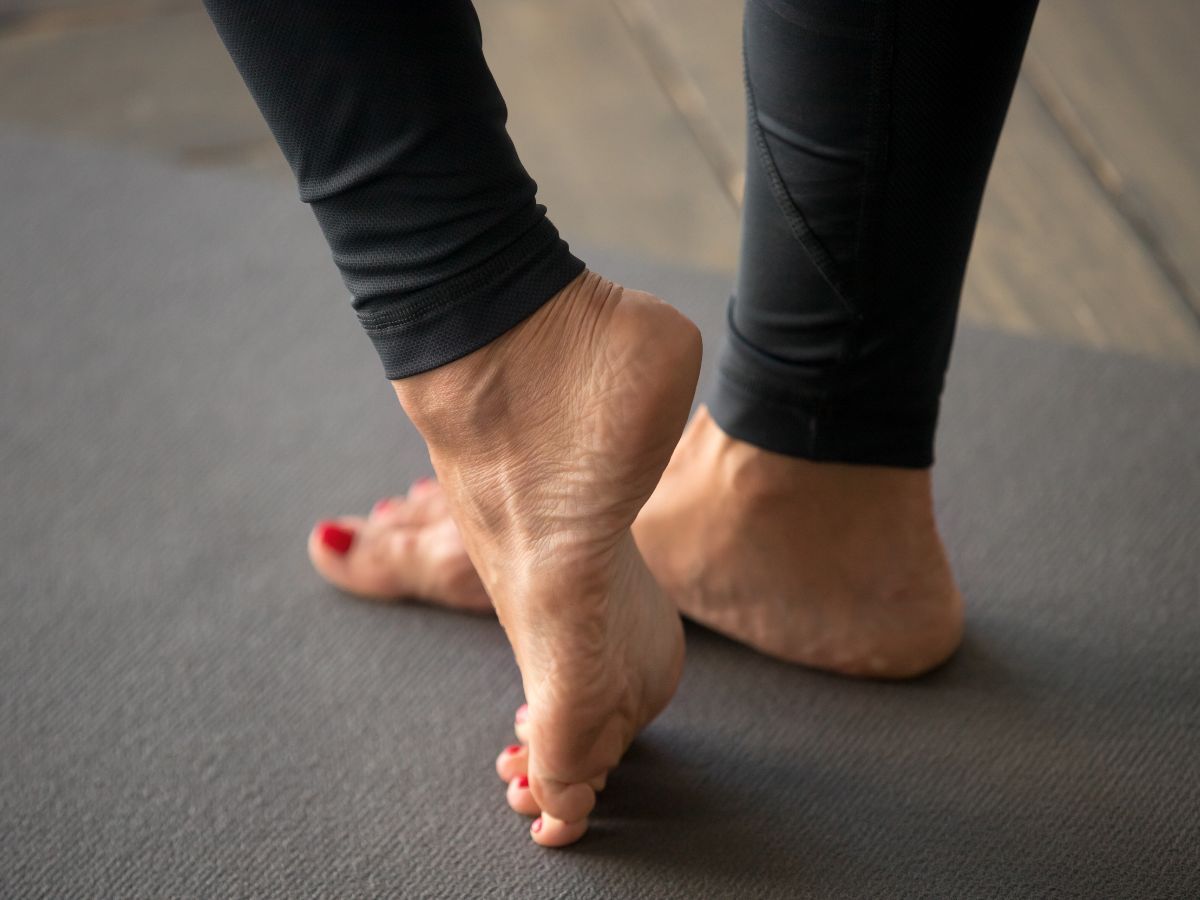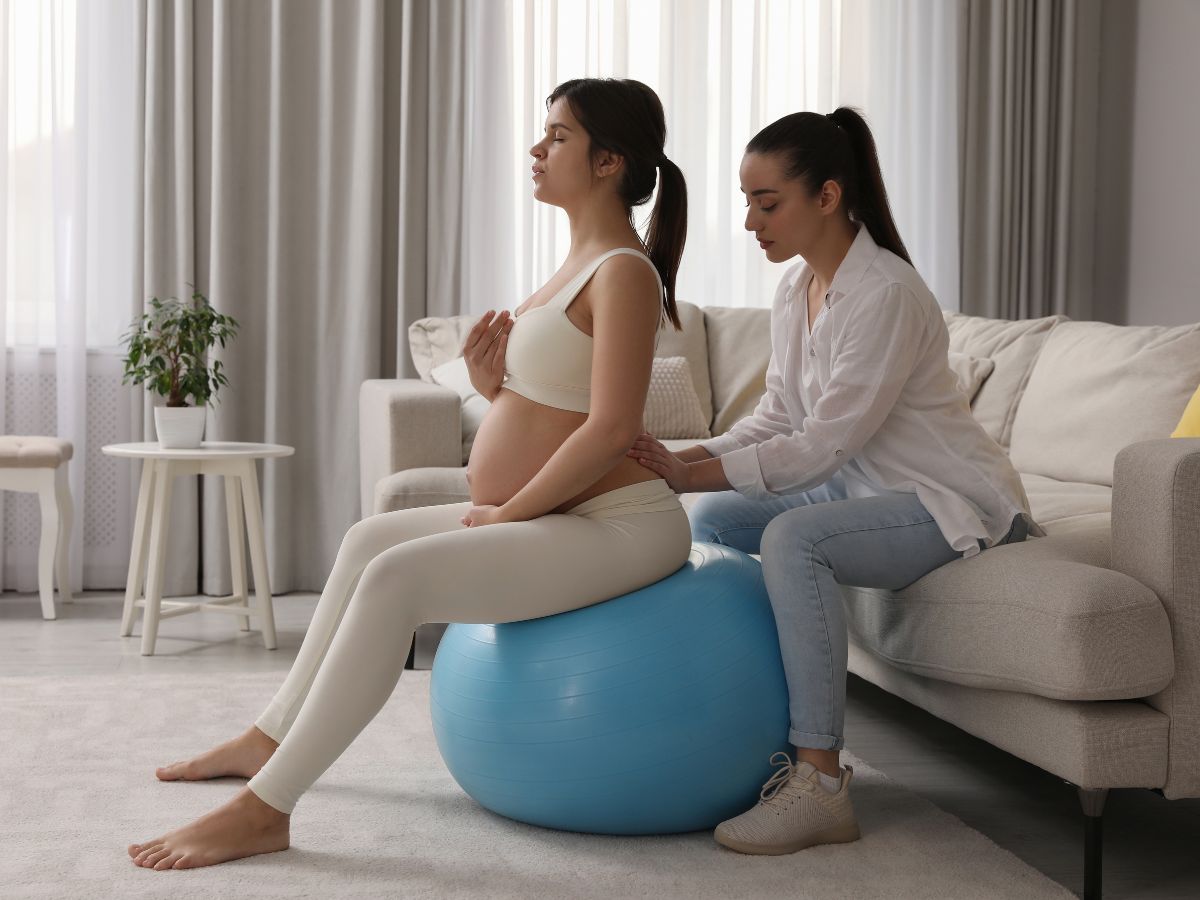As you embark on this beautiful journey of pregnancy, your body undergoes miraculous changes to nurture and support the growth of your little one. However, along with the joys of pregnancy come some common discomforts, one of which is ankle pain. If you're experiencing this discomfort, know that you're not alone. Many expectant mothers face challenges with foot pain during pregnancy, particularly in the later stages. At EasyJug, we understand the importance of supporting mothers through every stage of their journey, including managing ankle pain during pregnancy. Let's explore!
Understanding Ankle Pain During Pregnancy
During pregnancy, your body experiences a myriad of changes, including hormonal shifts, increased blood volume, and weight gain. These changes can contribute to various foot problems, such as swelling, heel pain, and ankle discomfort. One common cause of ankle pain is the extra weight and fluid retention, which put additional pressure on the lower extremities. Additionally, hormonal changes such as an increase in pregnancy hormones like relaxin, can lead to relaxation of the ligaments and muscles around the ankles, making them more susceptible to strain and discomfort. Additionally, the gradual increase in body weight and the growing uterus can shift the body's center of gravity, placing increased pressure on the lower limbs and exacerbating ankle pain.

Duration of Ankle Pain During Pregnancy
Ankle pain during pregnancy can vary greatly from woman to woman and may be influenced by factors such as hormonal changes, weight gain, and pre-existing foot conditions. For some pregnant people, ankle pain may be a temporary discomfort that resolves on its own, while for others, it may persist throughout pregnancy and even into the postpartum period.
Pre-existing Conditions
Pregnancy may also exacerbate pre-existing foot and leg conditions such as plantar fasciitis, flat feet, or varicose veins, leading to prolonged ankle pain. These conditions, combined with the physiological changes of pregnancy, can contribute to ongoing discomfort and may require specific interventions or treatments to manage effectively.

Managing Ankle Pain
At EasyJug, we believe in providing nurturing solutions to alleviate discomfort and promote well-being during pregnancy. Here are some tips to help you manage ankle pain:
- Stay Hydrated: Drinking plenty of water helps maintain proper blood circulation and reduces fluid retention, which can alleviate swelling and discomfort in the ankles. Use EasyJug, the only water bottle designed for pregnancy and postpartum moms.
- Wear Supportive Shoes: Opt for comfortable shoes with adequate arch support and cushioning to relieve pressure on your feet and ankles. Avoid high heels and opt for shoes that accommodate your growing foot size.
- Use Compression Socks: Compression socks or stockings can improve blood flow and reduce swelling in the lower legs and ankles. Wear them during the day, especially if you're on your feet for long periods.
- Elevate Your Feet: Take breaks to elevate your feet whenever possible to reduce swelling and promote blood circulation. Prop them up on a pillow while resting to relieve pressure on your ankles. When you use EasyJug, you can drink water while you lay down and elevate your feet. No need to sit up!
- Engage in Gentle Exercise: Light exercise, such as walking or prenatal yoga, can help improve circulation, strengthen calf muscles, and alleviate discomfort. Consult with your healthcare provider before starting any exercise routine.
- Consider Foot Massage: Treat yourself to a gentle foot massage to soothe tired muscles and improve blood flow to the feet and ankles. You can also use a foot roller or tennis ball for self-massage at home.
- Follow a Balanced Diet: Incorporate foods rich in potassium, magnesium, and calcium into your diet to support healthy muscles and bones. Avoid excessive salt intake, which can contribute to fluid retention and swelling.
- Practice Foot Exercises: Perform gentle foot exercises, such as toe stretches and ankle rotations, to improve flexibility and strengthen the muscles supporting the arch of your foot.
- Seek Physical Therapy: Consider consulting a physical therapist who specializes in pregnancy-related musculoskeletal issues. They can provide targeted exercises and techniques to alleviate ankle pain and improve mobility.
- Explore Treatment Technologies: Some pregnant women find relief from ankle pain through treatments such as ultrasound therapy or acupuncture. Discuss with your healthcare provider to explore safe and effective options.
Hydrating with Ease: EasyJug's Solution for Ankle Pain Relief
As an expectant or new mother, finding relief from ankle pain is crucial for your comfort and well-being, especially during pregnancy and the postpartum period. At EasyJug, we understand the challenges you face, which is why we've designed a solution to make staying hydrated effortless and accessible, helping alleviate ankle pain caused by factors like swelling and edema.
EasyJug: Your Hydration Companion
EasyJug is not just a water bottle; it's a companion on your journey through motherhood. Our 2.2L water bottle features a convenient 47-inch straw, allowing you to hydrate hands-free even while lying down. This is particularly helpful when you're lying down elevating your legs and don't want to sit up to drink water.
Relief During Pregnancy and Postpartum
During pregnancy, especially in the third trimester, swelling of the feet and ankles (edema) can exacerbate discomfort, including ankle pain. EasyJug becomes a valuable tool in your arsenal, enabling you to stay hydrated effortlessly, which can significantly reduce these symptoms. Pack EasyJug in your hospital bag for use during labor and post-delivery recovery when movement may be limited or uncomfortable. Keep it within reach at your nursing station or bedside to ensure hydration remains a priority even when your hands are full caring for your newborn.
Promoting Healthy Habits and Recovery
Staying hydrated not only helps manage ankle pain but also promotes overall health and supports breastfeeding and recovery. With EasyJug, you can sip and relax, knowing that you're nourishing yourself while nurturing your baby. After each use, clip the straw on top of the lid to prevent leakage, ensuring convenient and mess-free hydration.

Seeking Support and Care
If you're experiencing severe or persistent ankle pain during pregnancy, it's essential to consult with your healthcare provider. They can evaluate your symptoms, rule out any underlying conditions, and recommend appropriate treatment options. In rare cases, ankle pain may be a sign of pre-eclampsia or other complications that require medical attention.
Community and Connection
Remember, you're not alone on this journey. Reach out to other expectant mothers, join online support groups, or attend prenatal classes to connect with others who may be experiencing similar challenges. Sharing experiences and tips can provide comfort and reassurance as you navigate pregnancy.
Conclusion
In conclusion, managing ankle pain during pregnancy is possible with the right support, tools, and strategies. EasyJug offers a convenient solution to stay hydrated, alleviate discomfort, and promote overall well-being throughout your journey to motherhood. Remember to prioritize self-care, seek support when needed, and embrace the beautiful moments of pregnancy and motherhood with confidence and joy.




